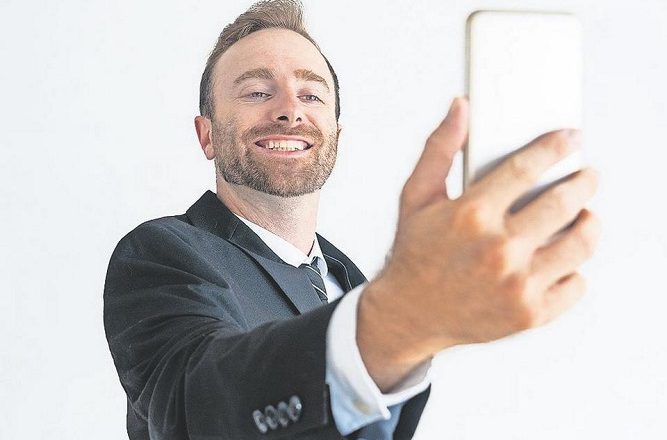Sick of Black Friday? Help others Buy Nothing
In 1992, the Seinfeld episode “The Pitch” featured this conversation between the main characters:
JERRY: And it’s about nothing?
GEORGE: Everybody’s doing something, we’ll do nothing.
JERRY: So, we go into NBC, we tell them we’ve got an idea for a show about nothing.
A show about nothing may seem ludicrous, but what about a Black Friday that involves making no purchases?
Yet, the Buy Nothing Project, founded in 2013, is a contrasting movement in an era when Black Friday is viewed as a day to buy everything. The Facebook-anchored project focuses on sharing existing items with others as a way to:
‒ Get to know neighbors and others within a community.
‒ Keep unwanted items from ending up in a landfill.
‒ Meet specific needs of others.
‒ Provide gently used or new items that can be gi...

